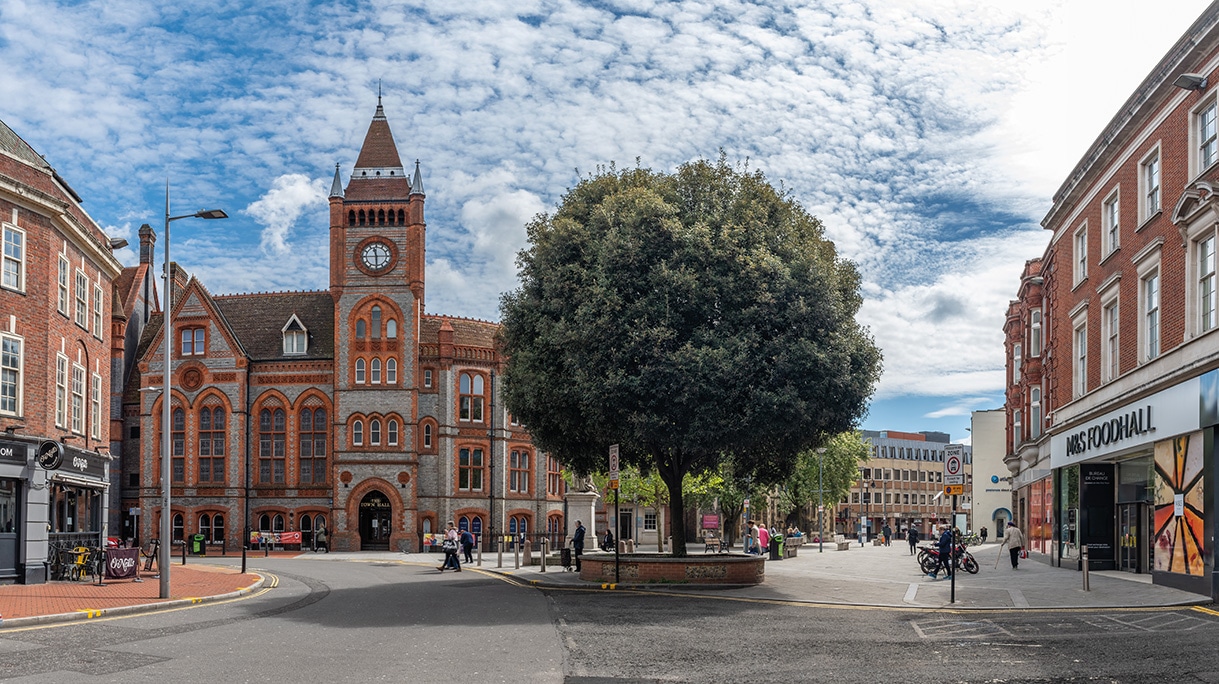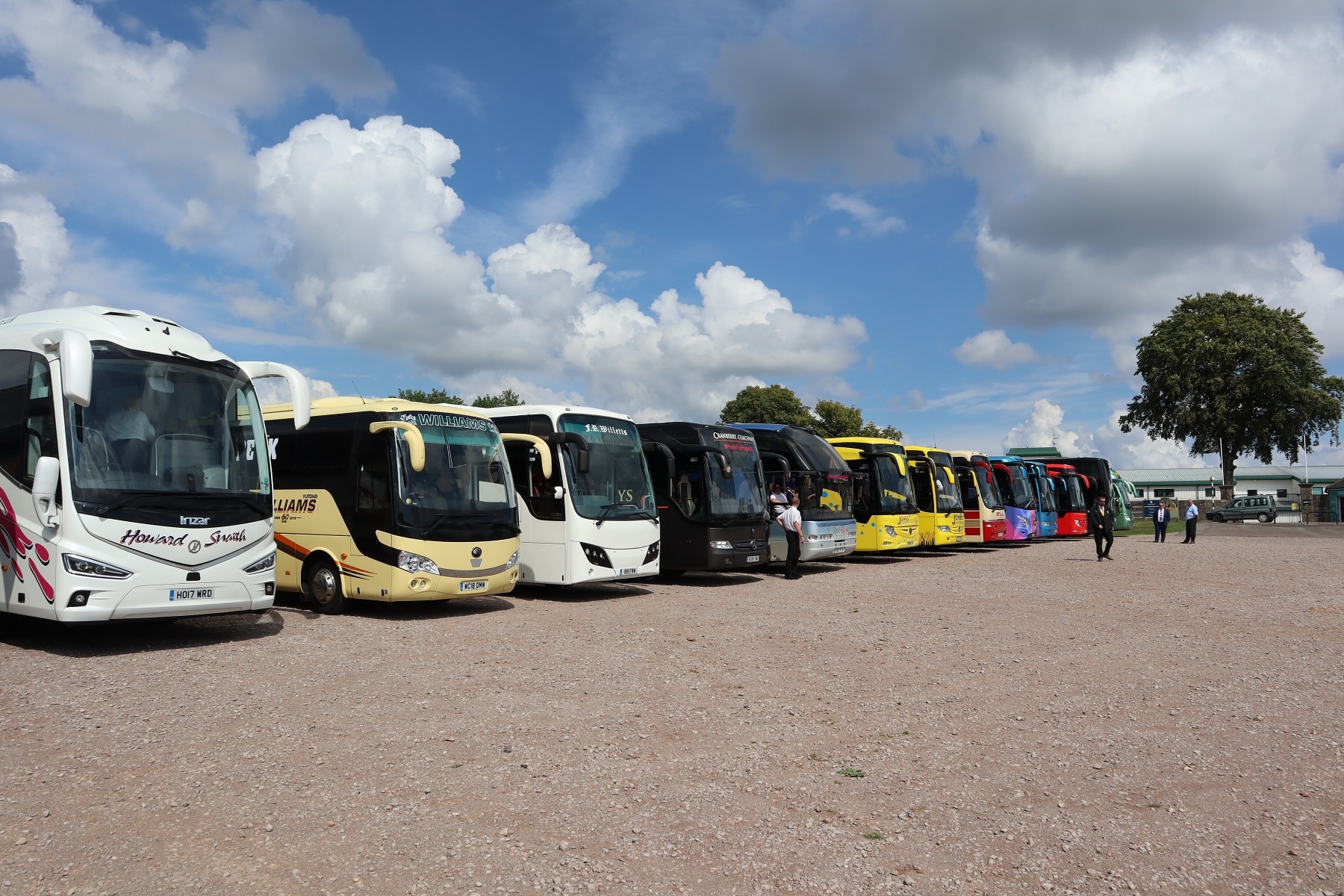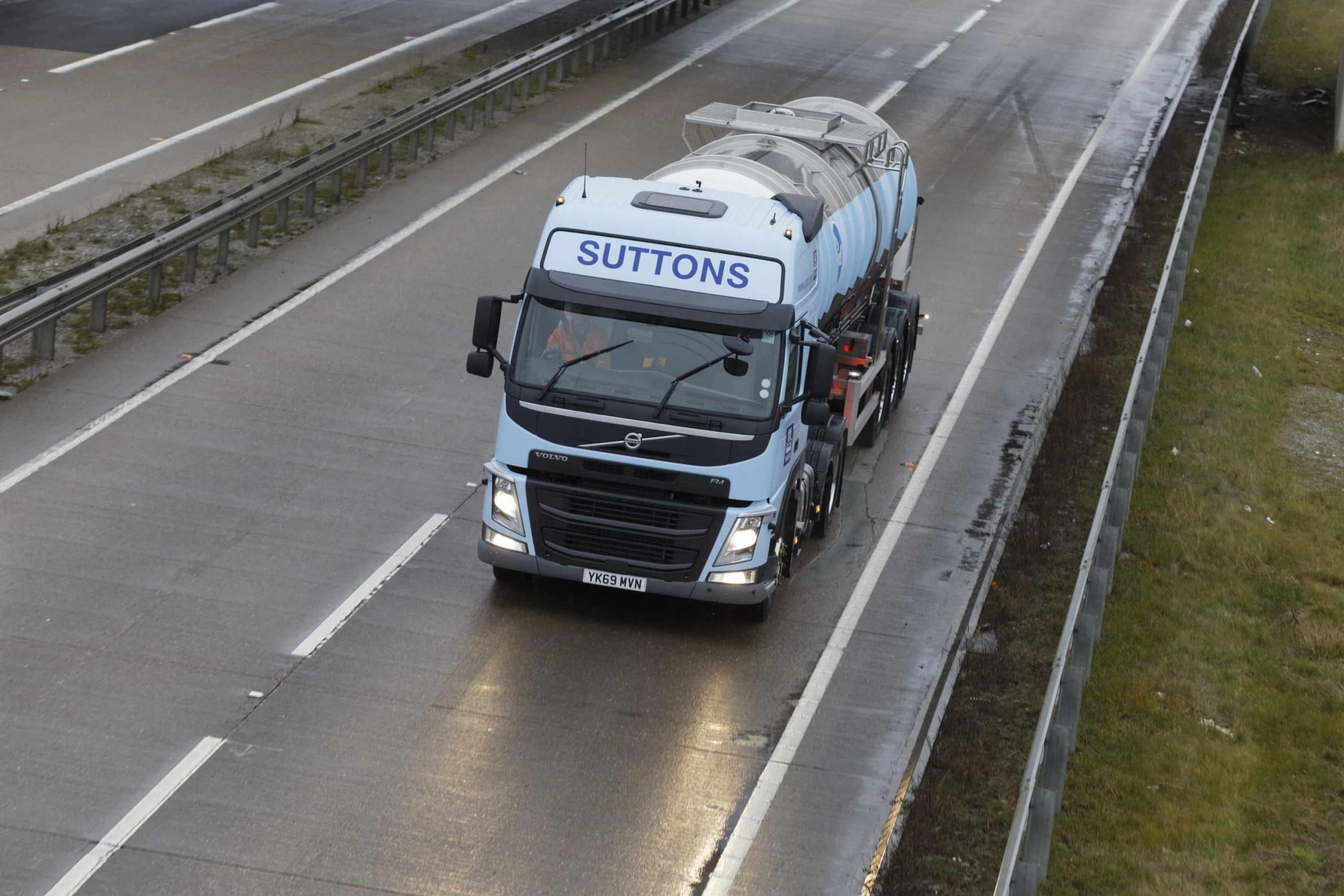Coach and bus are central to reviving towns and cities post-pandemic. But action needs to back up positive messaging, urges Graham Vidler
As we continue to exit the pandemic and life hopefully returns to normal, coach and bus will play a huge role in reviving our towns and city centres, connecting people again with family and friends, and contributing to the green recovery that is near the top of the government’s agenda. Before the pandemic, shoppers who travelled by bus contributed £21bn to city centres each year; a third of all city centre expenditure. Coach tourism contributed a huge £14bn to the UK’s tourism economy, delivering vital footfall that supported local jobs and businesses.
Getting people back on board will have a huge impact on the country’s economic recovery, which is why we must have measures in place to encourage people back to coach and bus travel.
Alongside organisations in retail, leisure, hospitality and transport sectors, we signed a letter to the Prime Minister calling on government to promote the use of public transport, restore the public’s confidence and position coach and bus as a more appealing travel option than car. This was bolstered by the Campaign for Better Transport launching The Way Forward, its campaign calling on government to adopt a pro-public transport message. Such a wide variety of sectors coming together shows the strength of feeling of the importance of public transport to the future prosperity of local businesses.
There is work that needs to be done beyond positive messaging from government though. I was struck by recent data from the Department for Transport which shows that Reading is one of just two places in the whole of England, outside London, where car traffic has been decreasing this century.
No doubt this is linked to the fact that Reading has also seen an increase in bus passengers aided by measures such as new park and ride services, mass rapid transit lanes, and 24-hour bus services people can rely on. Reading is just one of 70 upper tier local authorities across the country to have declared a climate emergency in recent years. Like Reading, the others will need to put in place effective bus priority measures to encourage people to make different travel choices. When people feel confident that their bus will get them where they need to be on time, they feel comfortable leaving the car at home. Equally, for coach, we need to see more local authorities taking actions to make it easy for coach operators to travel to tourist destinations.
It would be great to see more following the example of Blackpool Council, which recently announced free parking for coaches for up to 72 hours until January 2022. If local authorities and tourist locations want to see visitors return, they must implement coach-friendly policies.
Positive messaging from government combined with priority measures at a local level would be a powerful way to get people back to coach and bus travel. I’m looking forward to seeing much more of both going forwards.

























